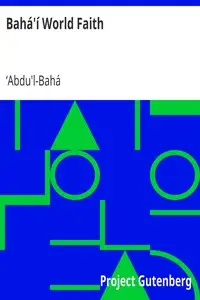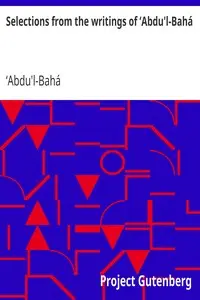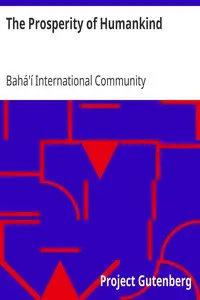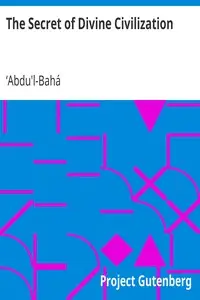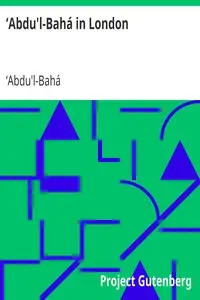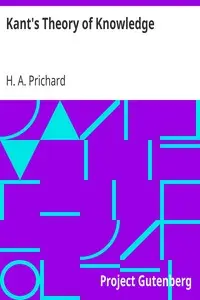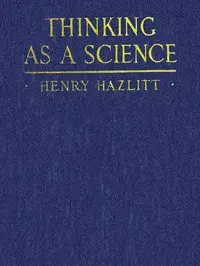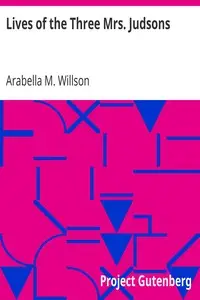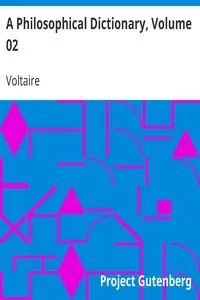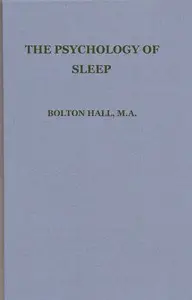"Foundations of World Unity" by ʻAbdu'l-Bahá is a discourse from the dawn of the 1900s, that beckons humanity toward global harmony through shared spiritual and moral ground found across different faiths. It acts as a passionate plea for people everywhere to understand how connected they are, pushing for a unified world without the barriers of race, religion, or nationality. Opening with the critical topic of worldwide peace, the author asserts that it can only be achieved when humanity is united in thought and purpose. By looking closely at a past filled with wars and separations, ʻAbdu'l-Bahá points out that real peace means letting go of old, stubborn beliefs and biases, wholeheartedly taking on the lessons of Bahá'u'lláh, which highlight the shared nature of humanity and the importance of moral growth. The work details key principles that foster peace, such as the freedom to seek truth independently, the equality of men and women, and the crucial role of education for all, setting the path forward for a deep examination of how love, teamwork, and unity can transform our understanding of humanity.
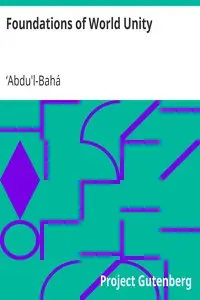
Foundations of World Unity
By ʻAbdu'l-Bahá
Discover the path to global harmony as an early 20th-century visionary challenges humanity to embrace spiritual unity and overcome division to build a peaceful world.
Genres
Released
2006-09-12
Formats
mobi
epub (images)
epub
mobi (images)
epub3 (images)
txt
Free Download
Summary
About the AuthorʻAbdu'l-Bahá, born ʻAbbás, was the eldest son of Baháʼu'lláh, founder of the Bahá’í Faith who designated him to be his successor and head of the Baháʼí Faith from 1892 until 1921. ʻAbdu'l-Bahá was later cited as the last of three "central figures" of the religion, along with Baháʼu'lláh and the Báb, and his writings and authenticated talks are regarded as sources of Baháʼí sacred literature.
ʻAbdu'l-Bahá, born ʻAbbás, was the eldest son of Baháʼu'lláh, founder of the Bahá’í Faith who designated him to be his successor and head of the Baháʼí Faith from 1892 until 1921. ʻAbdu'l-Bahá was later cited as the last of three "central figures" of the religion, along with Baháʼu'lláh and the Báb, and his writings and authenticated talks are regarded as sources of Baháʼí sacred literature.
Total Reviews
10.0k
Total reviews from Goodreads may change



